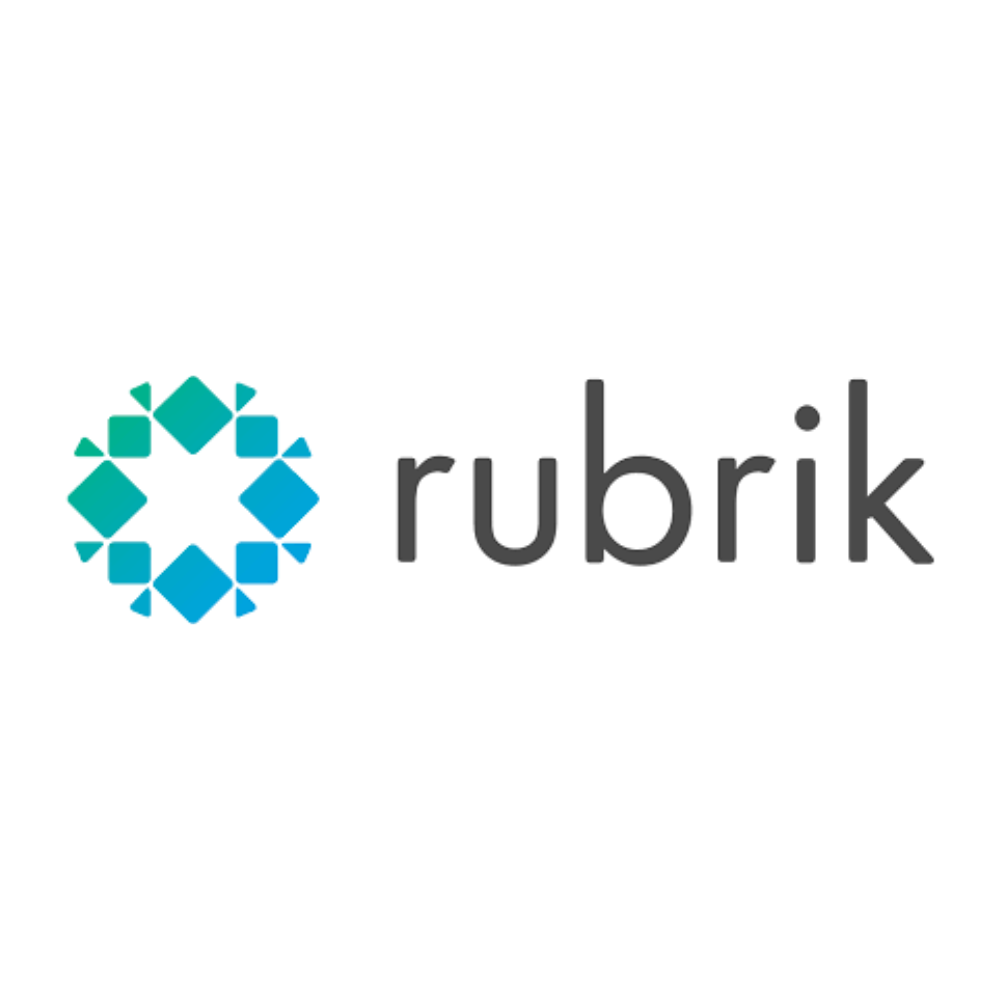About the team
Rubrik is defining the future of enterprise data security and management. To power this mission, we require an ultra-reliable, planet-scale data foundation. Our team owns the Metadata Store—a mission-critical, high-throughput component powered by a distributed SQL database. This is not a standard deployment; we operate deep within the stack, pushing the limits of the engine to meet non-negotiable demands for strong consistency, ultra-low latency, and extreme availability across petabytes of data.
We are the core enablers, responsible for:
- Customizing the Core: Developing custom extensions and patches to the database engine to solve complex challenges that off-the-shelf solutions can't handle.
- Zero-Downtime Infrastructure: Pioneering solutions for seamless, disruption-free cluster lifecycle management, including complex schema and semantic changes during Rolling Upgrades (as showcased in our Metadata support for Rolling Upgrades).
- Foundational Resilience: Building critical infrastructure tools like Kronos (Distributed Time Synchronization) to manage clock drift and ensure transaction correctness in a distributed environment.
Join us to master the complexities of distributed consensus, transactional systems, and high-performance computing at scale, whether on-prem or in the cloud.
About the Role : Master Distributed Database Internals
Are you passionate about the intricacies of distributed systems and ready to live deep within the database engine? We're seeking a relentless problem-solver to join our core team. Your mission will be to ensure our metadata store remains the most reliable and performant component of the entire Rubrik stack.
Key Responsibilities and Impact:
- Database Core Development: Dive into the database engine and ancillary components to optimize transaction protocols, improve query planning, and enhance storage engine durability mechanisms. Your code will directly impact latency at the 99th percentile.
- Distributed Consistency: Design and implement robust mechanisms for extreme data availability and consistency, including advanced work on building Change Data Capture (CDC) infrastructure and fault injection tooling like Sysfail (Sysfail).
- Performance Engineering: Conduct low-level performance profiling and root cause analysis to diagnose and resolve the most complex system issues (e.g., distributed deadlocks, I/O bottlenecks, and race conditions).
- Architectural Influence: Collaborate with senior architects to define the next generation of our data storage layer, directly advising other engineering teams (File System, Reporting, API) on optimal, high-performance data access patterns.
- Drive Technical Roadmap: Own projects end-to-end, from architectural design discussions to deployment, maintenance, and long-term stability.
This opportunity offers a potent mix of dynamism, serious technical challenges, and influence across many teams at the heart of Rubrik's technology stack.
What you’ll do : The Foundation Builder
We are looking for candidates who demonstrate an intrinsic curiosity about how databases and distributed systems truly work under the hood.
Minimum Qualifications:
- 3-5 Years of professional experience in building, maintaining, or contributing to large-scale distributed systems with a specific focus on database internals, storage engines, or distributed consensus protocols (e.g., Raft, Paxos).
- Strong grasp of low-level concepts in Operating Systems (concurrency, memory management, I/O) and Networking (TCP, failure domains, latency-sensitive design).
- High proficiency in one or more systems-level languages: Go (preferred, as our services use it), C++, or Java.
- B.S. or M.S. in Computer Science or a related field.
Preferred Qualifications:
- Direct experience working with or contributing to distributed SQL databases (CockroachDB, TiDB, YugabyteDB) or large-scale NoSQL stores (Cassandra, DynamoDB).
- Experience in high-reliability, fault-tolerant system design.
- A proven track record of contributions to open-source software, particularly in core infrastructure projects.

